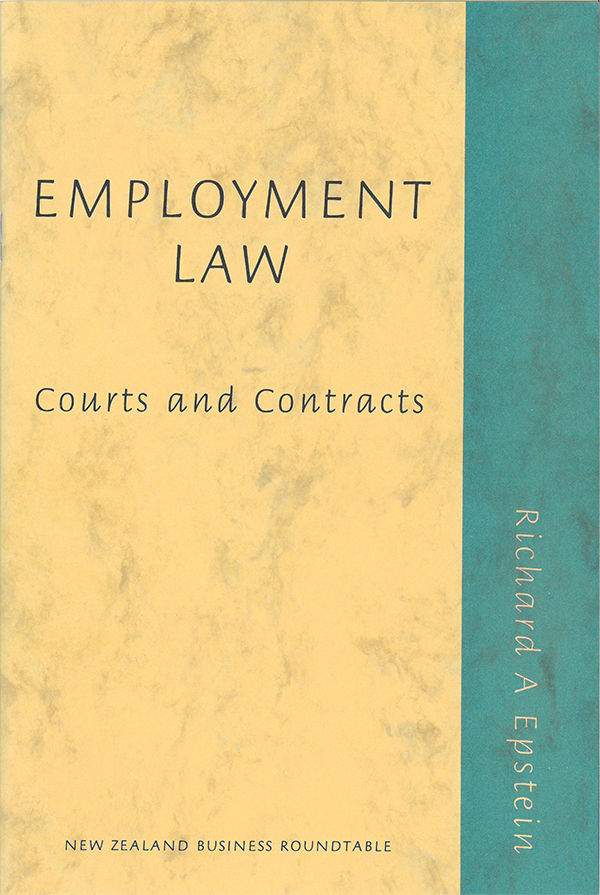There are clearly deep divisions of opinion in New Zealand on the relationship between the courts and the Employment Contracts Act 1991 (ECA). These address both substantive and jurisdictional issues. Thus the central dispute concerns the way courts should interpret the various provisions of the Act. The second concerns the question of whether a specialised court should have primary responsibility over administering and interpreting the Act. Clearly the two questions are related for the choice of tribunal is likely to have some systematic effects on the manner of interpretation. But as a foreigner, I plan to avoid these specific controversies by taking a somewhat Olympian perspective. I do not propose to comment on whether the key judicial decisions have been consistent with the new statute, or whether they still reflect the thinking of earlier labour legislation. That issue is best left to local expertise. Instead I will concentrate on two larger questions. What should be our general attitude to specialised courts? And how should we view an employment contract - particularly a contract designed to be terminable at the end of a fixed period? Both questions have broader interest, and the second question in particular is extremely important both for New Zealand and the rest of the industrialised world.
Employment Law: Courts and Contracts
1 October, 1996



